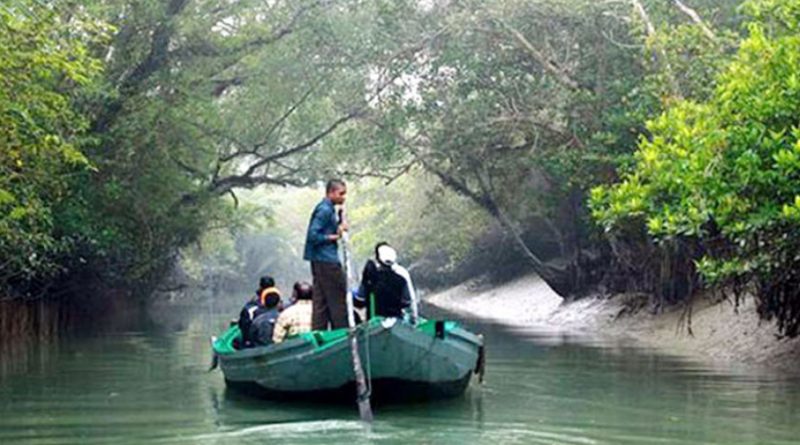Travelling as a part of Education
Travelling means to go from one place to another. It is the movement of people from one location to another. It can be done on foot, by bicycle, car, train, boat or airplane. People have been travelling since ancient times. Early man travelled on foot in search of food and shelter. Later, he started using animals for transportation. With the discovery of fire, he began to use wheeled carts and chariots. In the modern world, people travel for various purposes such as business, education, recreation, tourism, etc.
From time immemorial traveling has been considered a part of one’s education. The Englishmen, in particular, consider their schooling incomplete without a tour of the continent. Traveling is one of the most delightful experiences of mankind. People have always enjoyed going from place to place seeing men and things.
Travelling both inside and outside the country is a powerful aid to education. It provides and experience of the world and calls into action and practical use the various qualities of mind and intellect developed by education. Tact, firmness, engaging personality and lively conversation are some of the products of wide and extensive travelling.
However, highly educated a person may be, if he has not lived and moved amongst people with different habits, languages, social customs and morality, his different habits, languages, social customs and morality, his own outlook remains narrow. He is less accommodating in his views and fanatical in his outlook. But those, who have traveled widely, are generally liberal in outlook. They have maturity of judgment and unerring, in their understand of people and their minds.
The advantages of traveling in the narrow sense of the word “education” are equally remarkable. Geography is a dull and uninspiring subject, if it is studied in the class rooms. The Himalayas are a figment of imagination and the mightily Ganga nothing or than a snaky line running along the map. But if these places are actually visited by the student, the dull subject of geography becomes lively and absorbing. The same thing applies to History. History as it is taught today is nothing but a catalogue of dead kings and the dates of their deaths and births. If however, history is taught in relation to the achievement of these dead kings and student are given opportunities to visit frequently the scenes of the glories and defeats of the dead monarchs, history will become as interesting a subject as any other.
Similarly, to learn a foreign language it would be much easier if we meet and live with foreign people and learn the way they speak.
Travelling is a part of education. It broadens our outlook and enhances our knowledge. When we travel, we come into contact with different people, cultures and religions. We learn about their customs, traditions and lifestyle. We also get to know about the historical places and monuments. Travelling also helps us to develop a better understanding of the world around us.
For broadening, the mind, growing out of narrow and parochial views, for development in international culture, traveling in one’s own land and also beyond it is absolutely essential. Understanding of people of different areas will promote international peace and harmony.

